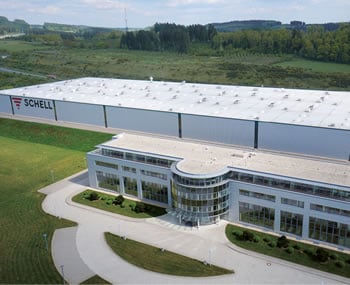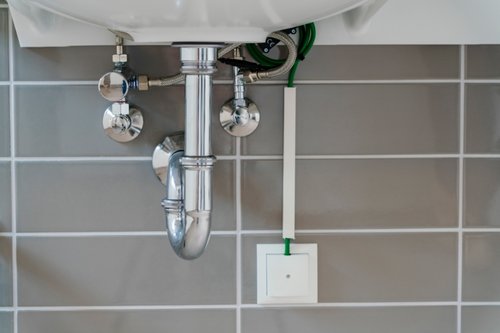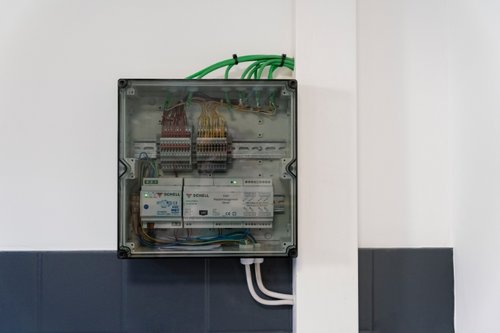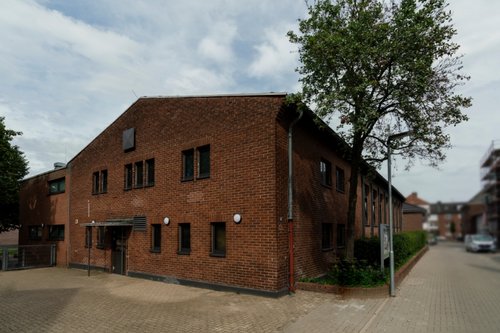Cost-effective and water-saving operations with SWS
The SCHELL SWS Water Management System has the key advantage of being very economically efficient: when compared with manual flushing, SWS is especially economical with water, as only the smallest possible volume of water is used for the stagnation flushes. Individual flushing calendars can be adjusted flexibly at any time and even when the school building is not being used – such as during public holidays or in the school holidays. LINUS temperature sensors check the water temperature and trigger temperature-controlled stagnation flushes.
Optimised user hygiene thanks to contactless operation
For the wash basins in the renovated sanitary facilities at the Innenstadt primary school, two XERIS E HD-K small electronic wash basin taps and five XERIS E HD-M mid electronic wash basin taps were installed. The HD-K is a cold water tap, while the HD-M supplies mixed water and provides a temperature control on the side for adjusting the water temperature as required. An exposed MODUS E wash basin tap was also installed. With all of the wash basin taps installed, the flow of water is triggered without contact by the infrared sensor electronics. This makes tap operation especially hygienic while effectively reducing any risk of contact infection during handwashing. This is a key benefit for schools in particular, where outbreaks of infectious diseases tend to occur more often. Thanks to the intelligent integrated sensor control, there is no risk that school pupils will accidentally forget to shut off the tap. Water only flows when it is actually needed and when hands are within the detection range of the sensor. With the electronic wash basin taps from the XERIS E series, individual fitting parameters such as sensor range, maximum flow time or follow-up time can be programmed flexibly using the SWS software.
As children in particular are at risk from scalding due to excessively hot water, the angle valves were equipped with the angle valve thermostat set. This keeps the temperature constant, even with pressure fluctuations in the system. The flow of water stops if the cold water line fails. This gives the primary school pupils the best protection possible against scald injuries.
Reliable anti-scalding protection – also in the showers
In the shower cubicles at the primary school, one LINUS DP-C-T shower panel and eight LINUS D-C-T concealed showers were installed and also networked with SWS. Made from a strong extruded aluminium profile with a high-quality, anodised finish, the shower panel offers exceptional durability. Pupils trigger the flow of water with the panel’s CVD touch electronics. The flow of water stops automatically after a preconfigured flow time. The LINUS D-C-T concealed showers are also equipped with the same systems, including automatic closing mechanisms. The new shower fittings from the LINUS series therefore help to save water and ensure sustainable operations. In both models, the integrated ThermoProtect thermostat provides reliable anti-scalding protection. The preferred water temperature can be adjusted in each case using a temperature control. If temperatures above 38 °C are required, then the temperature lock can be deactivated.
Electronic urinal control in a vandal-resistant design
The EDITION E urinal control also offers a set of intelligent technical features. The infrared sensor flushing facility detects the moment when a user leaves the detection range, and then performs a flush independently and without requiring user contact. This makes operation especially hygienic. In this case too, individual fitting parameters, such as sensor range or follow‑up time, can be adjusted flexibly using the SWS software. The vandal-resistant design is ideal for use in a school setting.
The Innenstadt Community Primary School in Wesel has a long history that stretches back more than 100 years. Constructed in 1912, the state‑run school was temporarily used as a reserve military hospital during the First World War. After the Second World War, rebuilding work on the severely damaged city proceeded only slowly. Classrooms in the school only became available for use again by pupils in May 1948. Following the merger of three primary schools during the 2012/13 school year, the Innenstadt school faced the challenge of restructuring as Wesel’s largest primary school and setting out an educational programme. Key aspects of the contemporary curriculum include the targeted and individual fostering of school pupils as well as a strong community focus for their interaction. As a school with a particular focus on social inclusion, special educational needs are supported by a dedicated programme, as are school pupils from multilingual households. The Innenstadt school also offers various projects for play as a means of getting kids moving, promoting musical and reading skills, and helping children to choose a healthy nutritional lifestyle. Over half of the pupils make use of the all‑day childcare programme offered by the school, staying behind after regular lessons for a shared lunch, learning and playtime. A broad range of afternoon activities, such as kids’ yoga, sports and various study groups, promote the independent and creative development of the school pupils, and round off the educational programme.

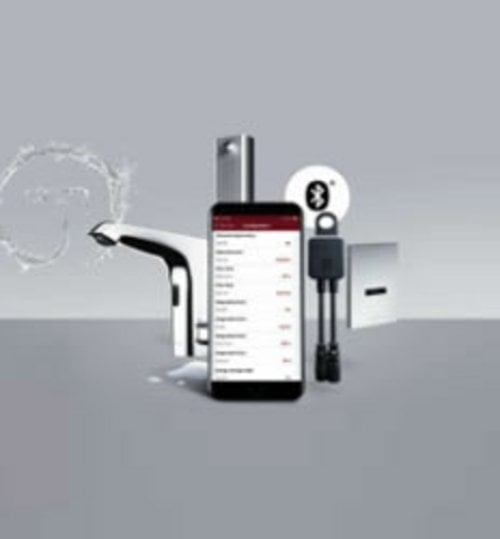
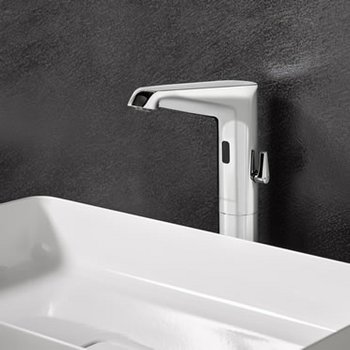
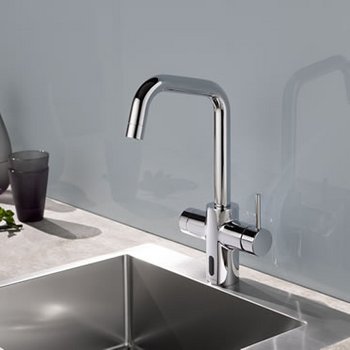
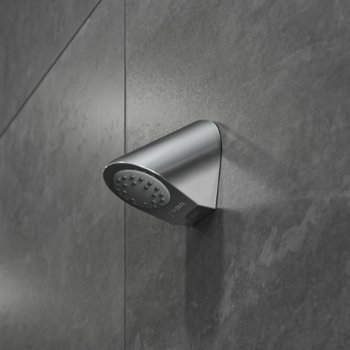
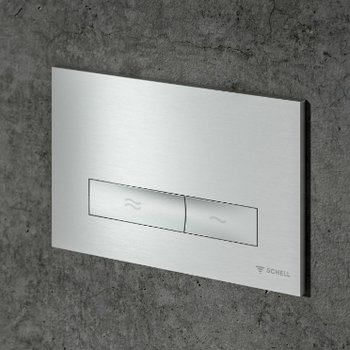
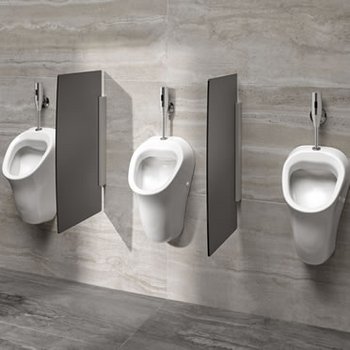
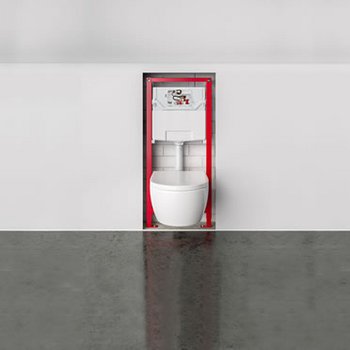
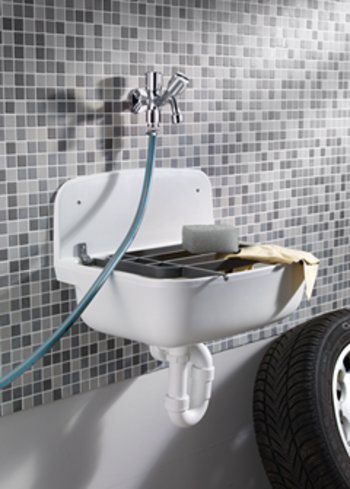
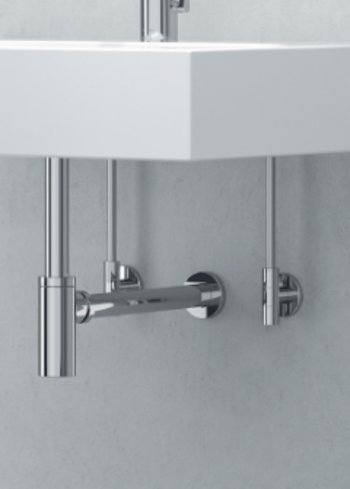

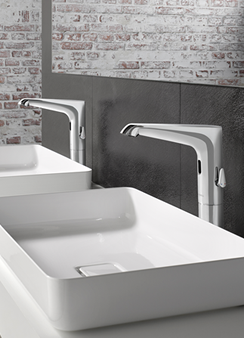
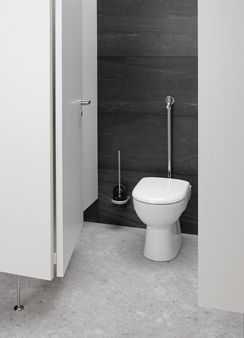
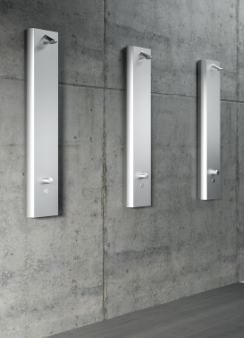
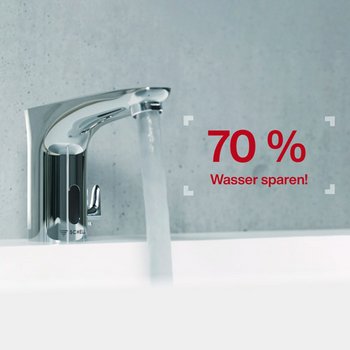
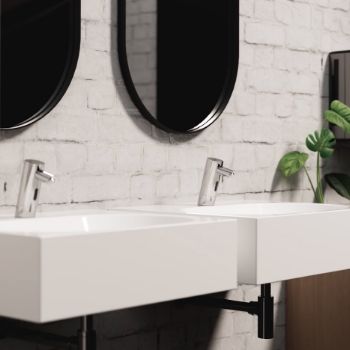

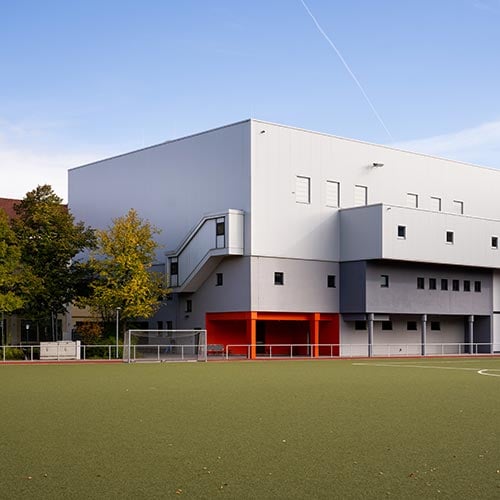
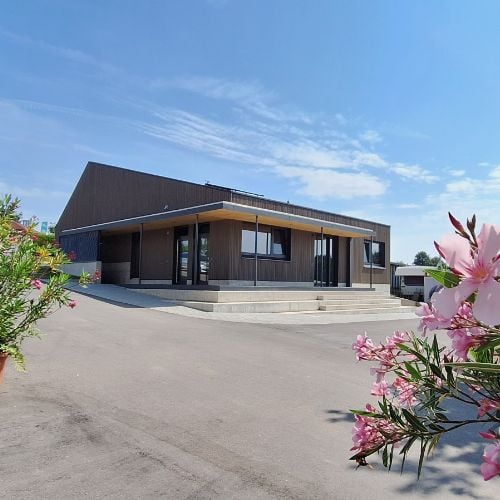
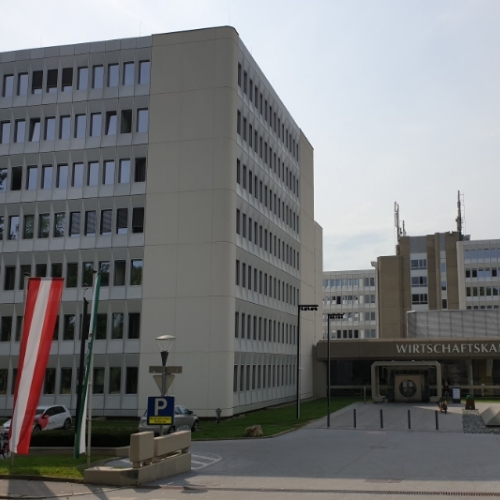



![[Translate to English:] [Translate to English:]](/fileadmin/user_upload/images/menu/menu_service_downloads_broschueren.jpg)
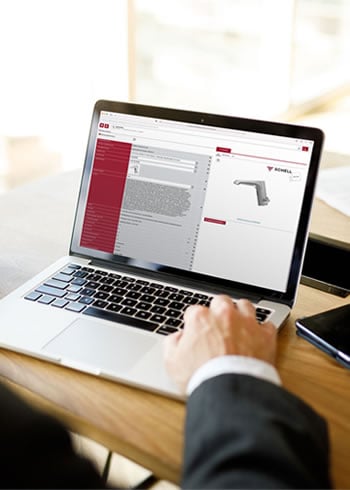



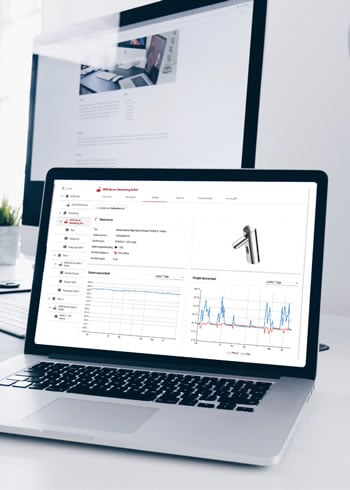


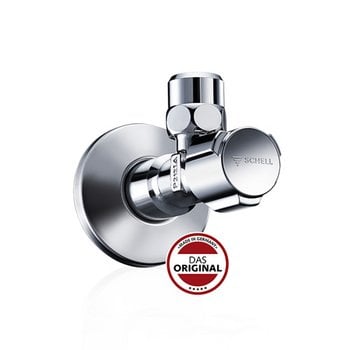
![[Translate to English:] [Translate to English:]](/fileadmin/_processed_/7/7/csm_menu_unternehmen_ueber-schell_awards_f6cec25b1d.jpg)
![[Translate to English:] [Translate to English:]](/fileadmin/_processed_/a/0/csm_menu_unternehmen_ueber-schell_wasser-sparen_41036d2dd9.jpg)


